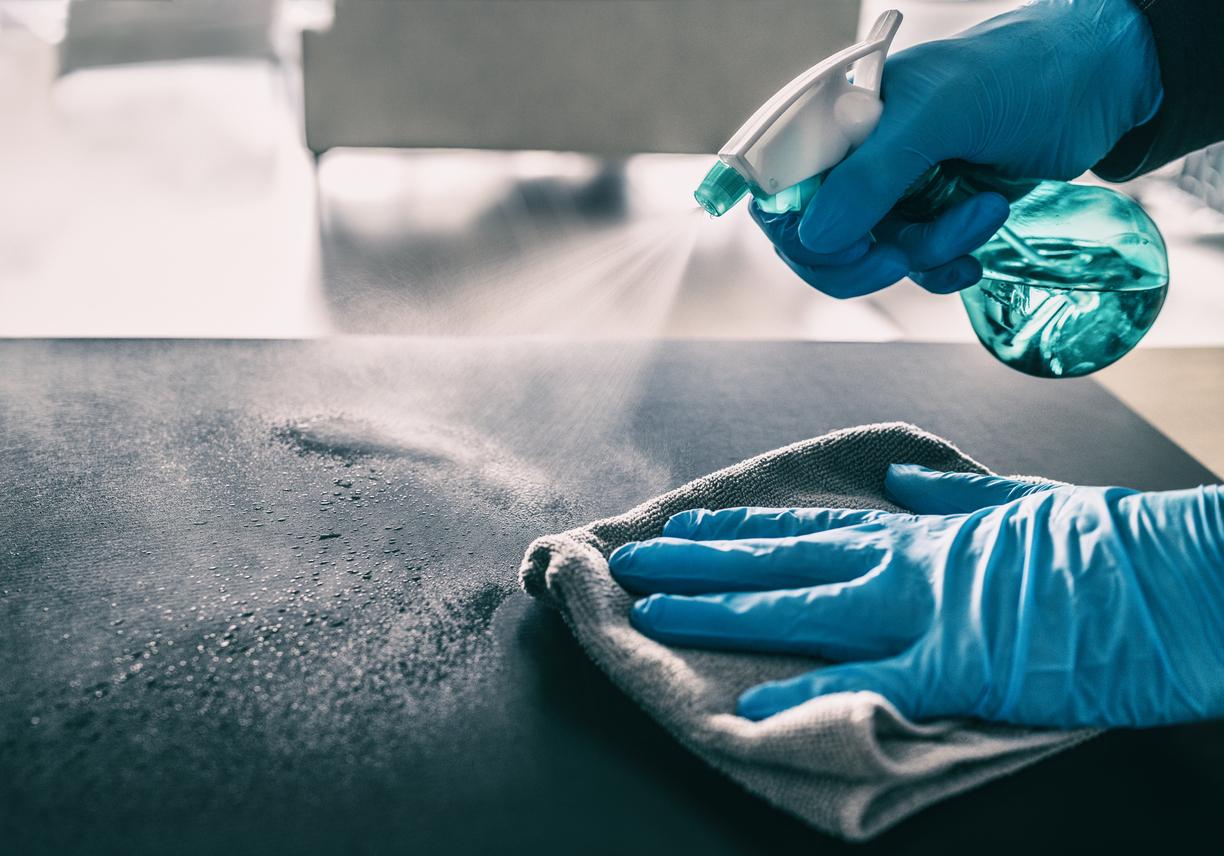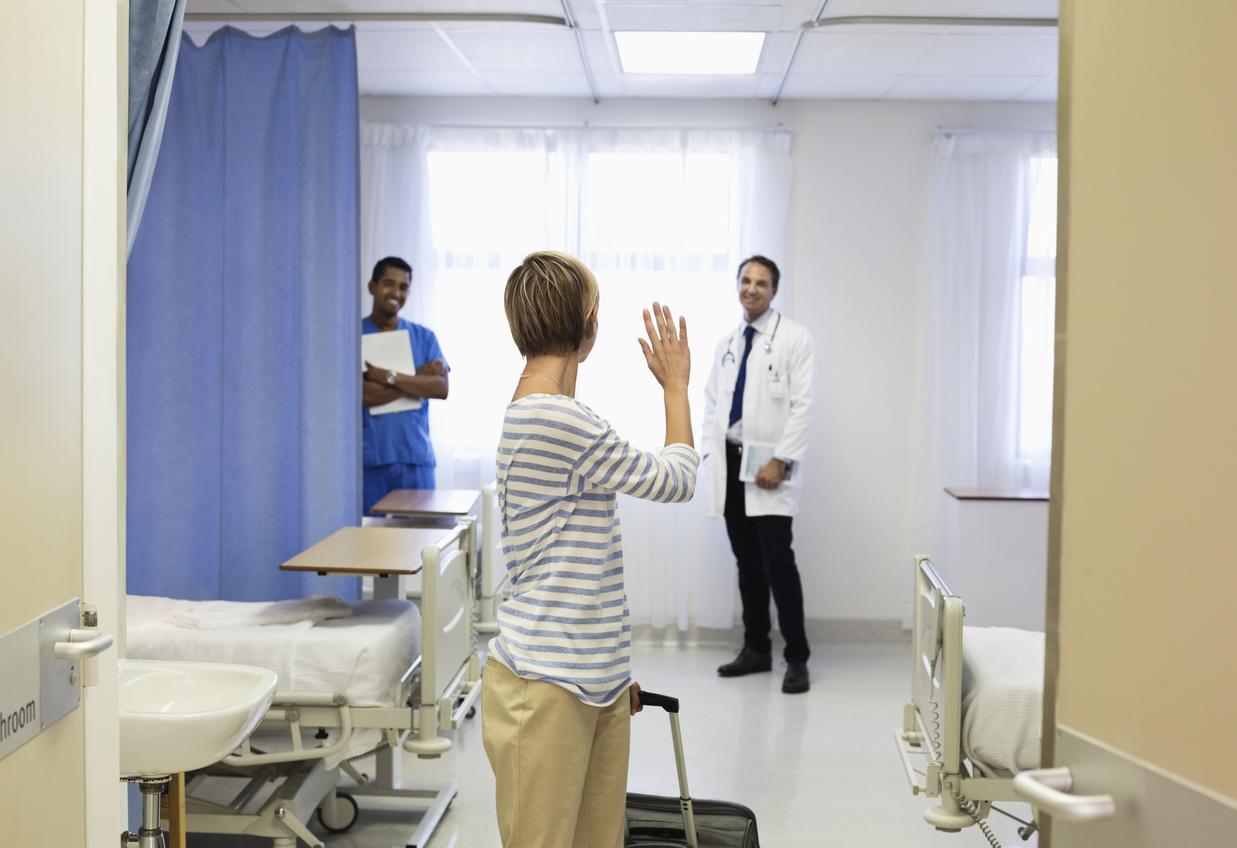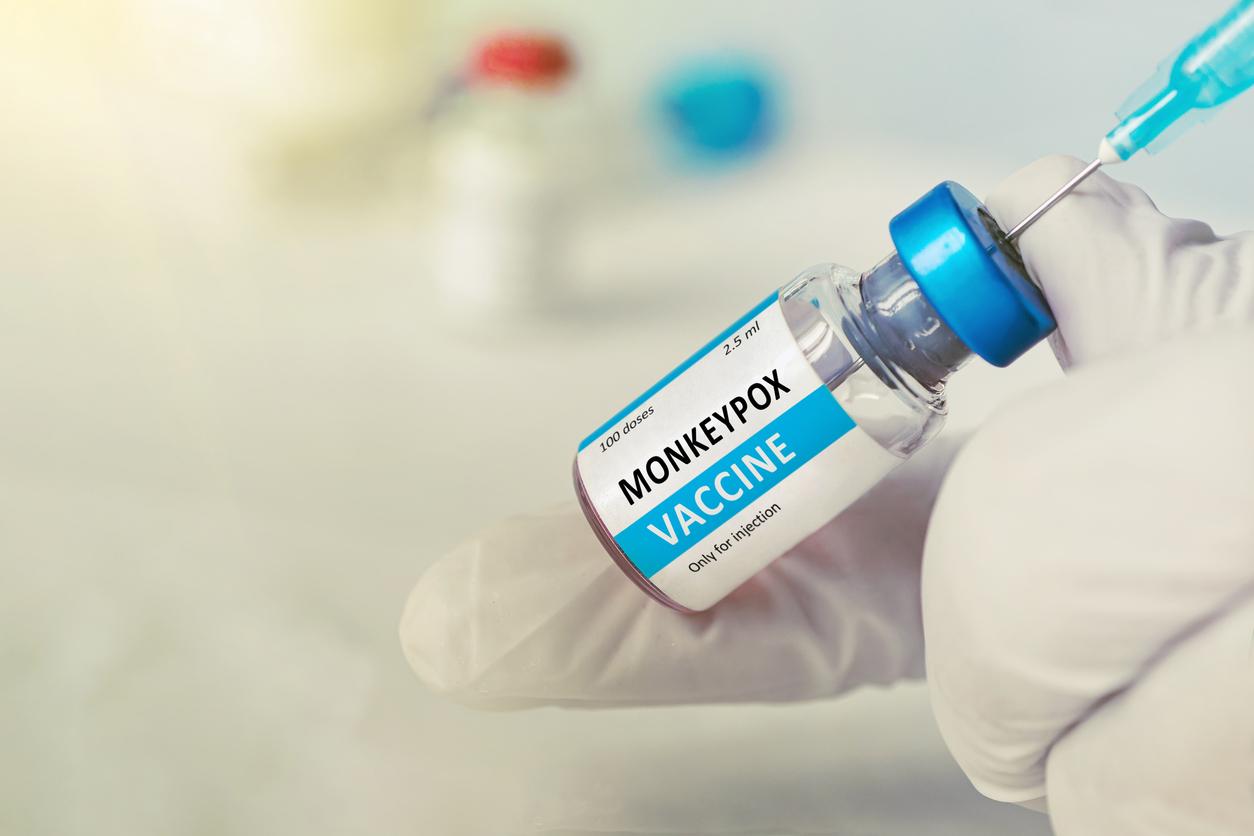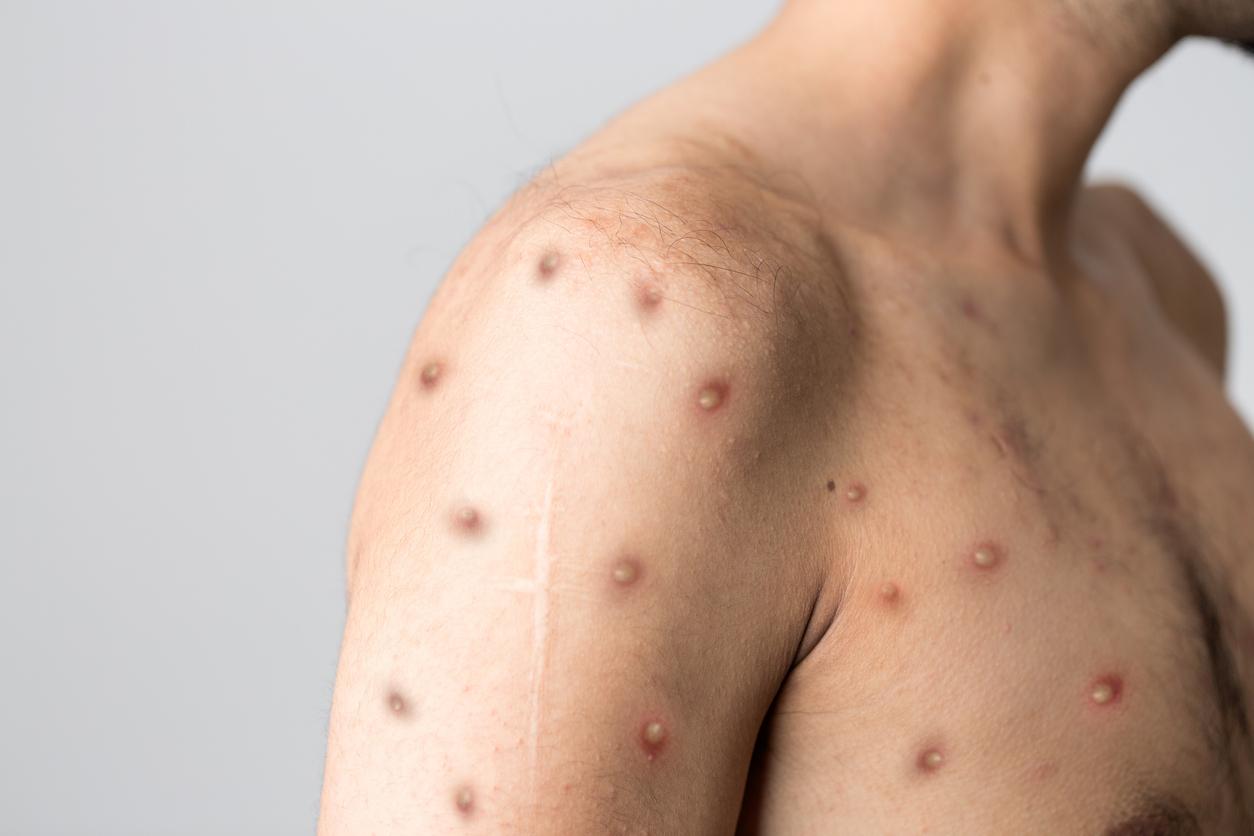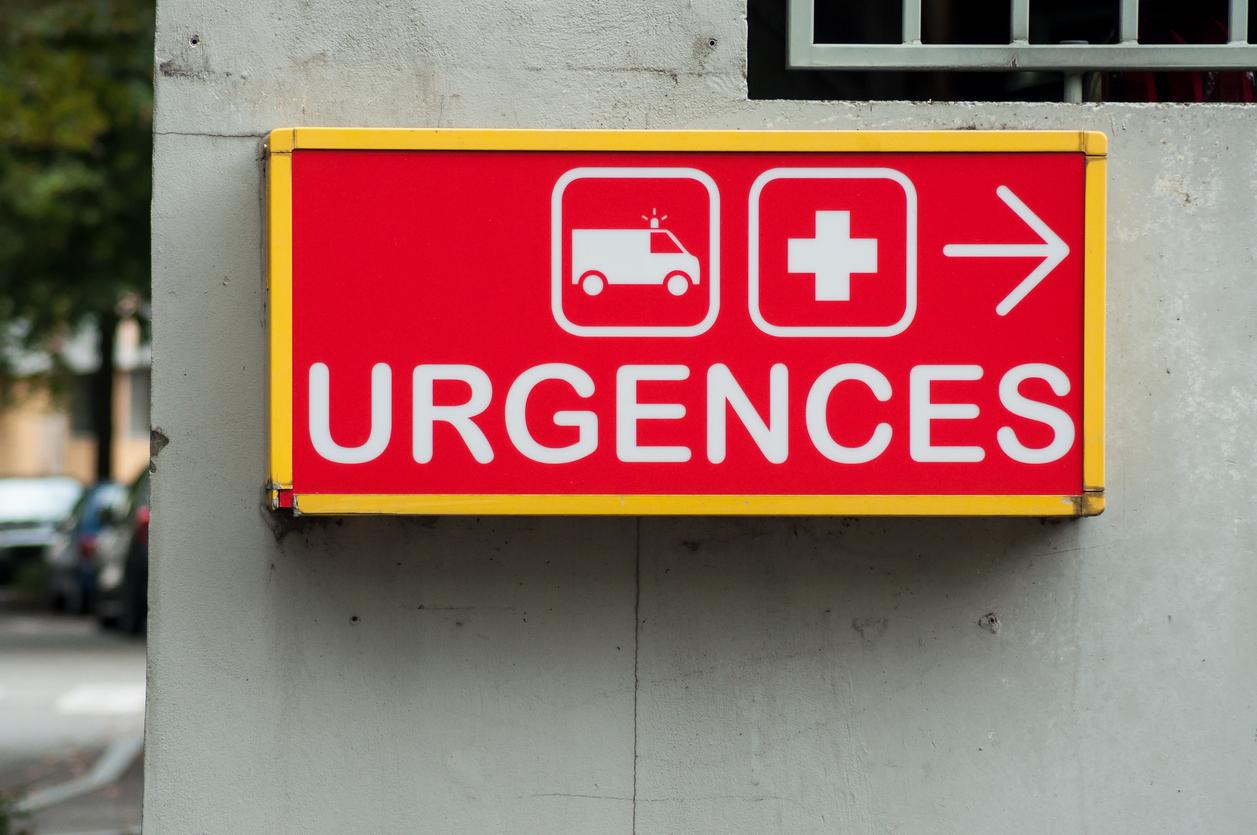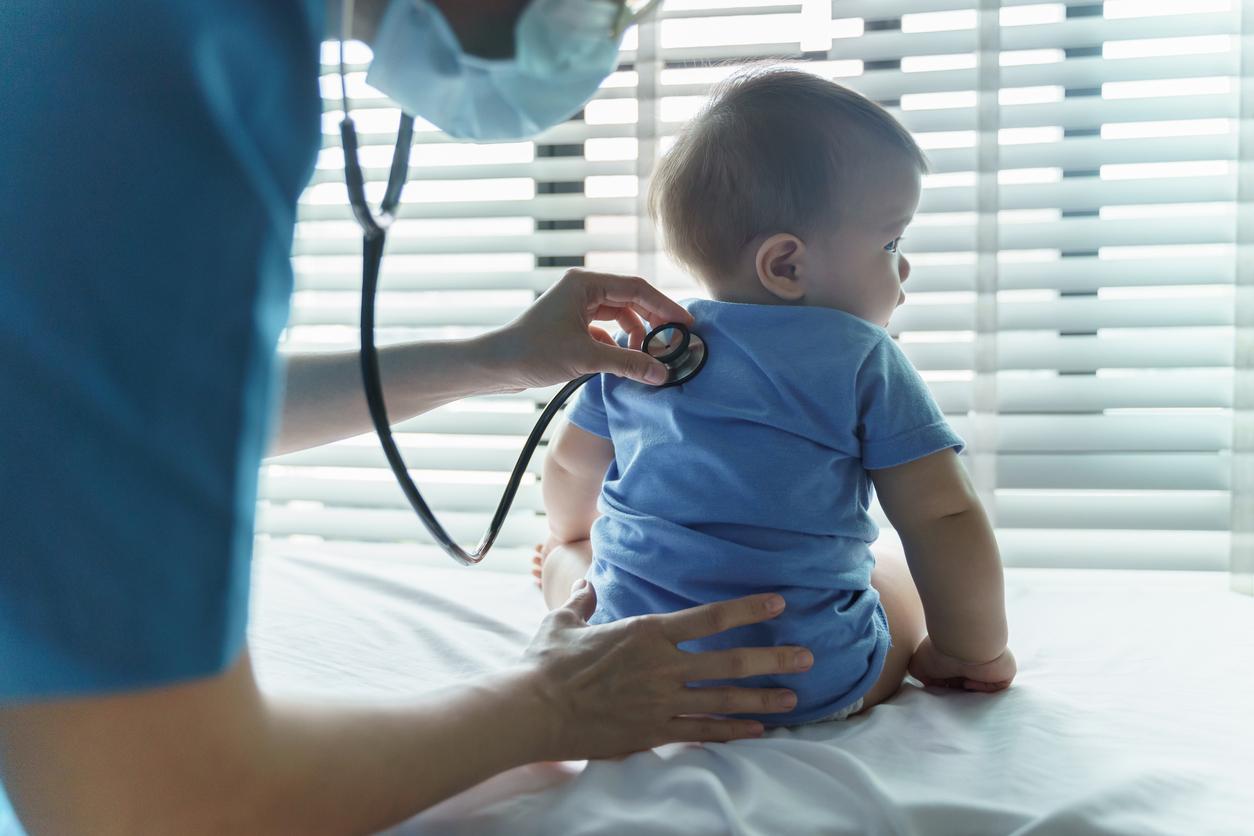Does the hospital or clinic make you sick?
If one has to judge from the figures, the answer is undoubtedly “yes”, because nearly one in ten patients leaves with an infection, therefore a microbe, which he did not have when entering a medical environment. .
More seriously, these infections kill twice as many people every year as road accidents. So, is the hospital more dangerous than the car?
Before trying to understand why, we must clarify the weight: we do not enter a clinic or a hospital as we take the weekend road. We must not forget the disease and the tens of thousands of lives saved each year among the millions of French people who pass through the door of a hospital ward.
So why do we get infected where everything is done to respect hygiene and disinfection?
Well, first and foremost because the disease concentrates the various dangerous microbes in one place, and the contamination is first carried out by the hospital staff who, of course, enter the room with their competence, but also sometimes with the miasma of the neighbor.
But why are hospital staff not also affected by these infections? First, sometimes it is. Secondly, because the more tired the body is, the more the infection spreads. This explains why the most affected are patients over 65, and above all, the cutting-edge services where serious patients are treated. In particular, in intensive care.
Then, the microbes are transported by the hands, but also by examinations that enter the body of probes, balloons or catheters.
Finally, nature, which unfortunately goes faster than medical research, has created microbes that have become resistant to most antibiotics.
The solution ? Pasteur began to apply it 100 years ago.
And his fight for clean hands is not totally won, since official recommendations still put hand washing at the forefront today. It is still necessary to apply what one professes. Indeed, indiscreet, but malicious observers, noted that when leaving the toilets of a major medical congress, only 20% of men and 30% of women had resorted to soap to restore their work instrument – the hand – the required cleanliness …
.










